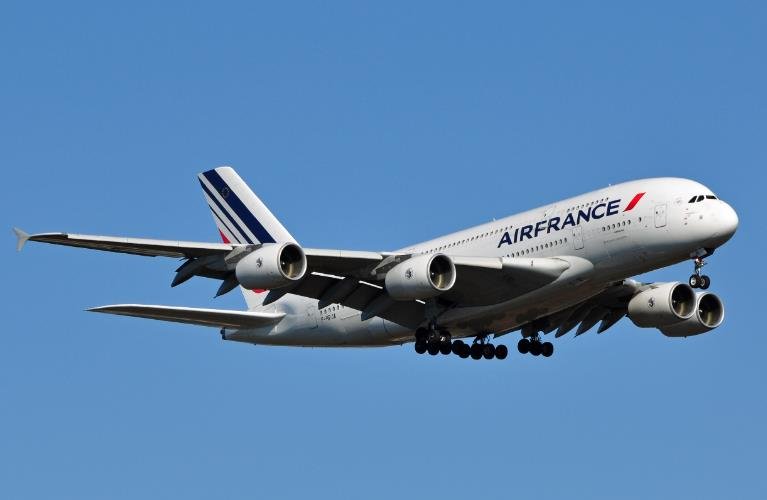In response to escalating tensions in the Middle East, Air France has announced the suspension of its flights to Tel Aviv and Beirut. This decision, effective immediately, comes as a precautionary measure to ensure the safety of passengers and crew. The airline’s move follows recent clashes between Israel and Hezbollah, which have heightened security concerns in the region. Air France’s suspension of flights is part of a broader trend among international airlines reacting to the volatile situation.
Air France’s decision to suspend flights to Tel Aviv and Beirut underscores the severity of the current conflict. The airline has stated that flights scheduled for Sunday and Monday have been canceled, with the possibility of extending the suspension depending on the evolving security situation. This proactive measure aims to protect passengers and crew from potential risks associated with flying into conflict zones.

The suspension affects both direct flights and those operated by Air France’s subsidiary, Transavia. Passengers with bookings on these routes are being contacted and offered alternative travel arrangements or refunds. The airline is closely monitoring the situation and will make further decisions based on the latest intelligence and security assessments.
This move by Air France is in line with actions taken by other major airlines. British Airways, for instance, has also suspended its flights to Tel Aviv until August 28. The coordinated response by airlines highlights the seriousness of the threat and the need for caution in such volatile circumstances.
Impact on Travelers and Operations
The suspension of flights to Tel Aviv and Beirut has significant implications for travelers and airline operations. Many passengers who had planned trips to these destinations are now facing disruptions and uncertainty. Air France is working to accommodate affected travelers by providing options for rebooking on alternative routes or offering full refunds. The airline’s customer service teams are on high alert, assisting passengers with their travel plans and addressing their concerns.
For Air France, the suspension represents a logistical challenge. The airline must manage the rerouting of flights, reallocation of resources, and communication with passengers. The decision also impacts the airline’s revenue, as flights to Tel Aviv and Beirut are popular routes with high demand. However, the safety of passengers and crew remains the top priority, justifying the temporary suspension despite the operational and financial challenges.
The broader travel industry is also feeling the effects of the suspension. Travel agencies and tour operators are scrambling to adjust itineraries and provide support to their clients. The uncertainty surrounding the conflict adds to the complexity of managing travel plans, with many travelers opting to postpone or cancel their trips to the region.
Broader Context and Future Outlook
The suspension of flights by Air France and other airlines is a direct response to the escalating conflict between Israel and Hezbollah. The recent clashes have resulted in significant casualties and damage, prompting international concern and calls for de-escalation. The situation remains fluid, with the potential for further escalation or a ceasefire depending on diplomatic efforts and developments on the ground.
Air France has emphasized that the suspension is a temporary measure, subject to ongoing review. The airline is in constant communication with security experts and government authorities to assess the situation. Any decision to resume flights will be based on a thorough evaluation of the risks and the overall security environment.
Looking ahead, the resolution of the conflict will be crucial in determining the future of air travel to Tel Aviv and Beirut. A de-escalation of tensions and a return to stability would pave the way for the resumption of flights. In the meantime, airlines will continue to prioritize safety and take necessary precautions to protect their passengers and operations.
The international community is closely watching the developments, with diplomatic efforts underway to broker a ceasefire and bring an end to the hostilities. The outcome of these efforts will have a significant impact on the region’s stability and the ability of airlines to operate safely in the affected areas.
